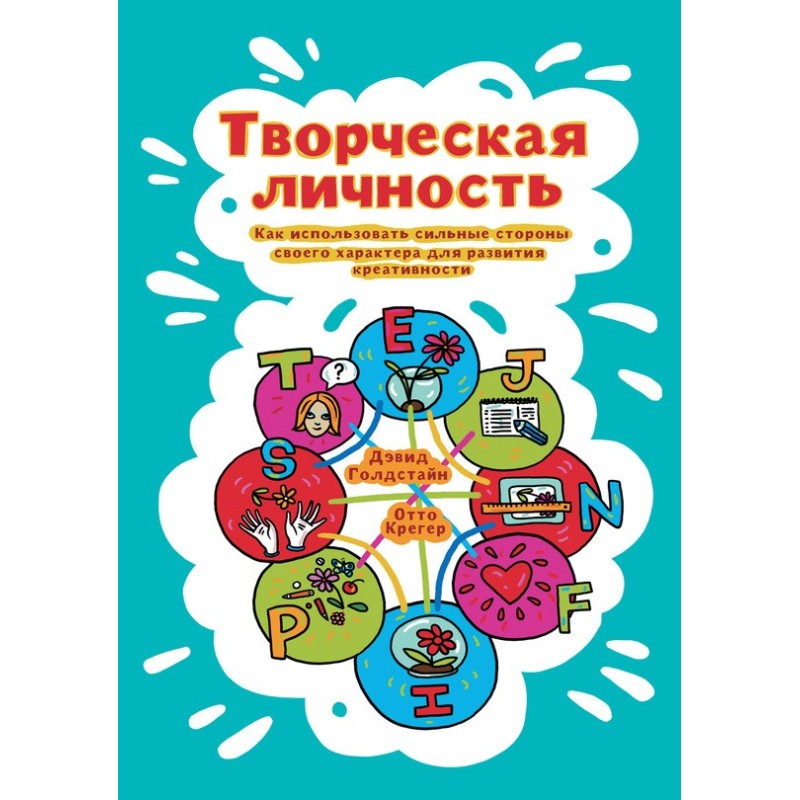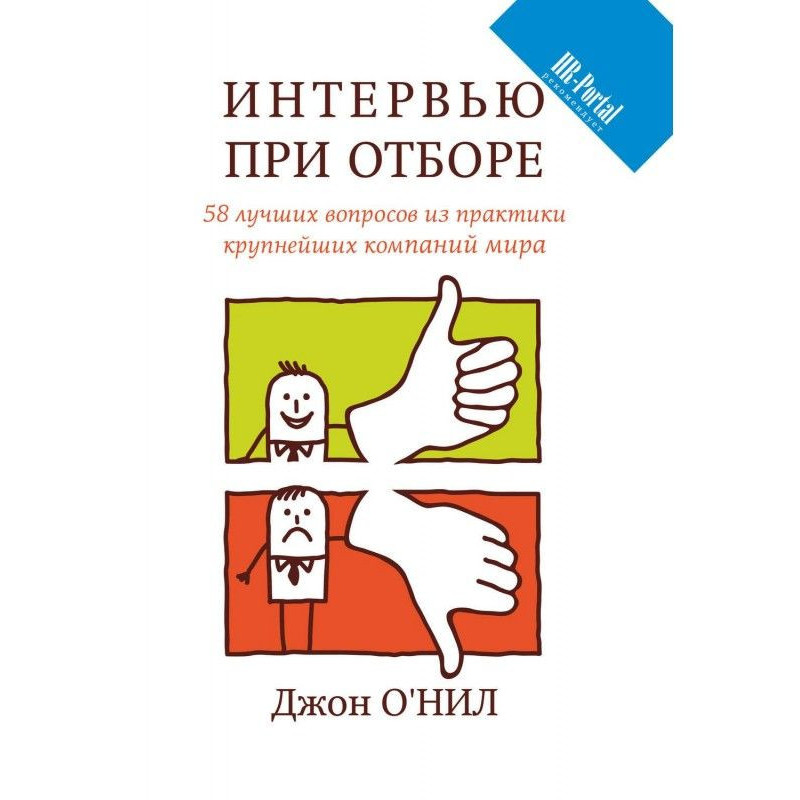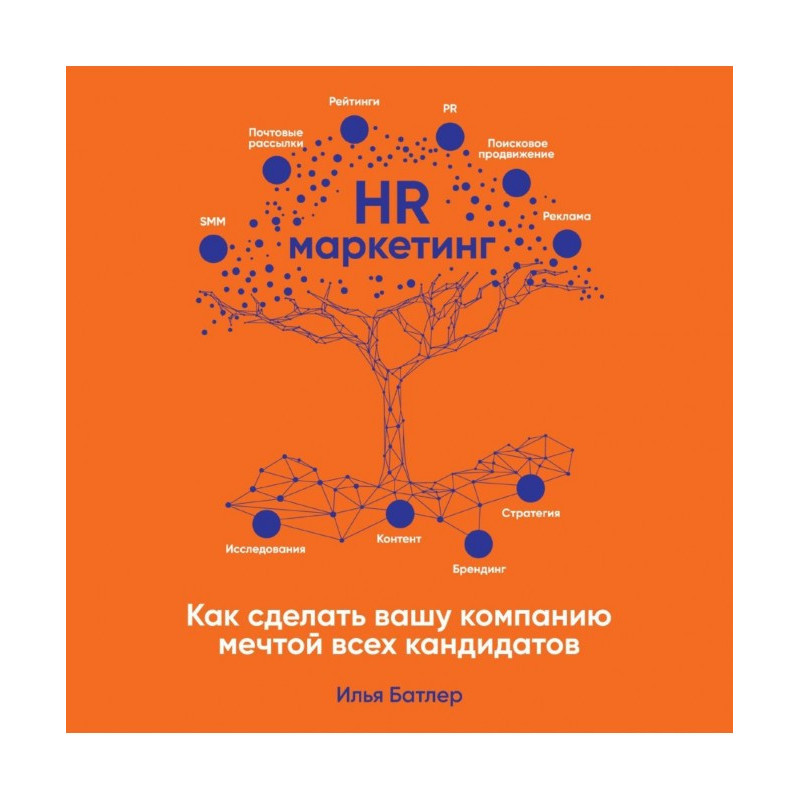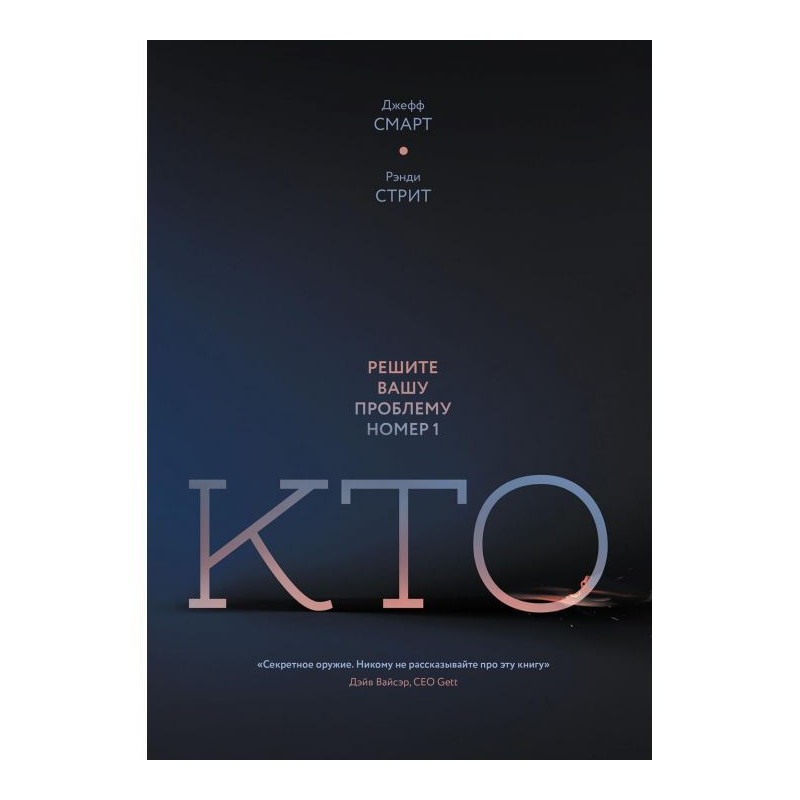Why are we like this at work? How to recognize our differences and work together successfully. 16 personality types
 Instant download
Instant download
after payment (24/7)
 Wide range of formats
Wide range of formats
(for all gadgets)
 Full book
Full book
(including for Apple and Android)
Whether we like it or not, we are not alike. If you do not accept this fact, you can spend a lot of energy and time on disputes, grievances and conflicts at home and in the work team: someone is angry at a colleague’s habit of thinking out loud, another is offended if the boss does not comment on the report, and the peculiarity of a third is to think for a very long time and not to rush things – is interpreted as a lack of motivation. The team environment becomes toxic and performance declines.
“By understanding and valuing individual differences, you can make everyone's contributions more effective and the organization as a whole more productive and profitable.”< /p>
The authors of the book argue that all our differences can be beneficial if they are turned into tools for development and interaction. Based on the Myers-Briggs typological theory, they talk about the characteristics of each type, strengths and weaknesses, and ways to interact with each other. You will be able to better understand yourself, your loved ones, partners, friends, colleagues and acquaintances, predict their behavior and unlock creative and work potential.
“We believe that the key to effectively managing other people is the ability to manage yourself. The more you know about yourself, the better you get along with others, because you are confident in your abilities.”
“The list of problems that introverts and extroverts face can be endless. Extroverts, for example, need much more praise than introverts. The latter, on the contrary, tend to be suspicious of praise.”
For whom
For those who want to improve relationships in the team, better understand their own characteristics and the characteristics of their colleagues.
Data sheet
- Name of the Author
- Дженет Тьюсон
Отто Крегер
Хайл Ратледж - Language
- Russian
Reviews
Неймовірно корисна книга для всіх, хто працює в команді!
Ця книга стала для мене справжнім відкриттям у розумінні відмінностей між людьми на роботі. Автори майстерно пояснюють, як різні типи особистості можуть впливати на динаміку команди, і як ці відмінності можуть бути використані для покращення взаємодії. Я дізнався багато нового про себе та своїх колег, і тепер розумію, чому деякі ситуації викликали конфлікти. Книга містить практичні поради щодо того, як адаптувати свій стиль спілкування в залежності від типу особистості співрозмовника, що значно полегшує роботу в колективі. Я рекомендую цю книгу всім, хто прагне покращити атмосферу на роботі та підвищити продуктивність команди. Вона стане в нагоді як керівникам, так і звичайним працівникам, адже розуміння одне одного - це ключ до успіху!




















